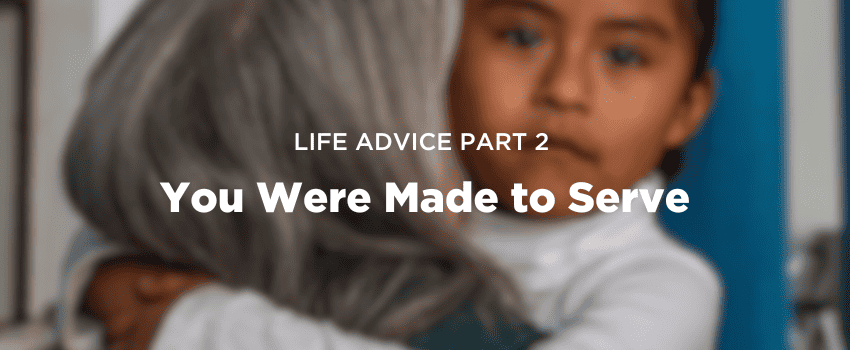
3 Quick Tips to Keep Pace with Global Partners During a Pandemic
Have you had to cancel or postpone a trip to serve in another country this year? Have you considered repurposing your investment rather than losing it or delaying the opportunity? 1. Repurpose your plan Is there a way to take the plans you have already made and modify them using







